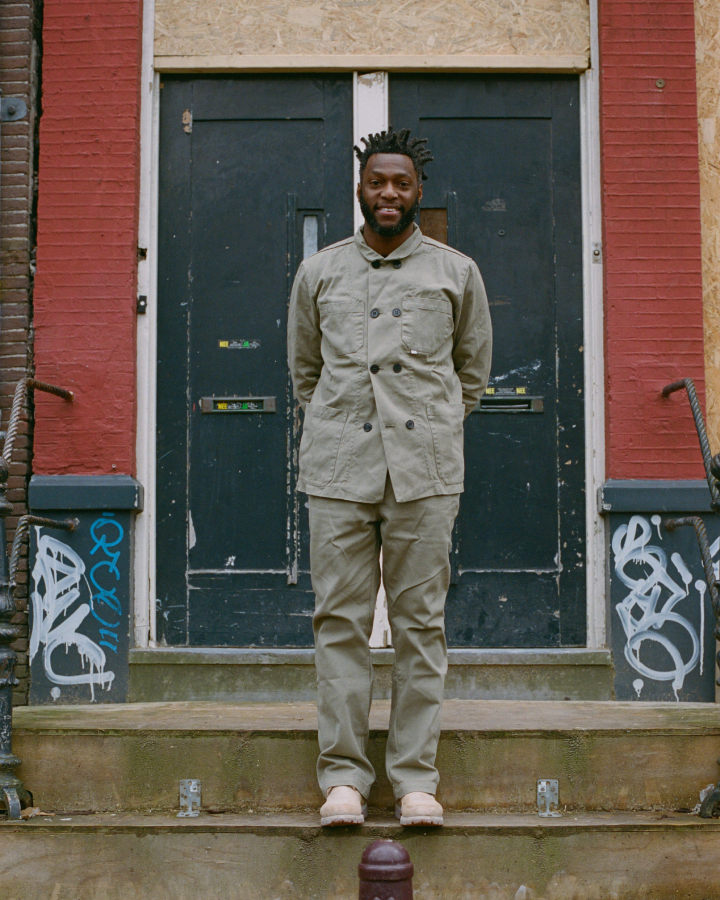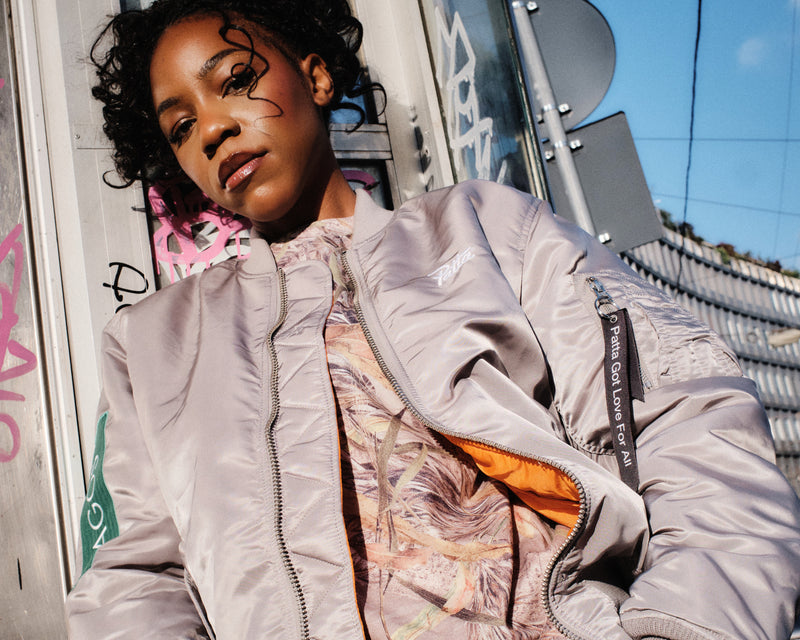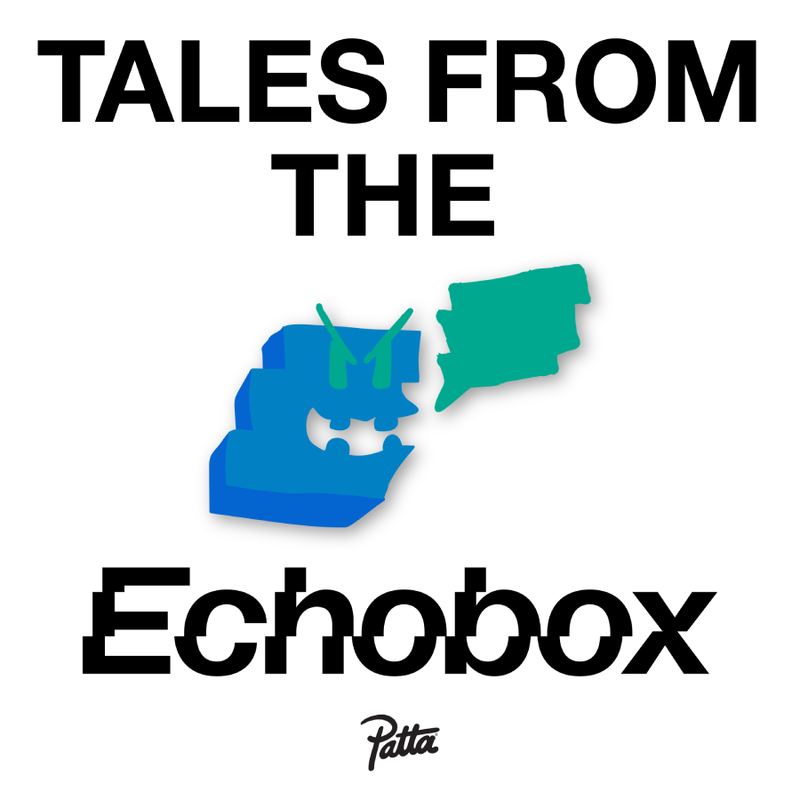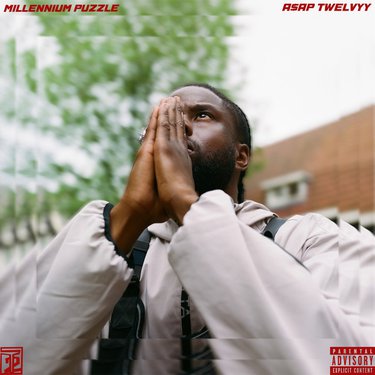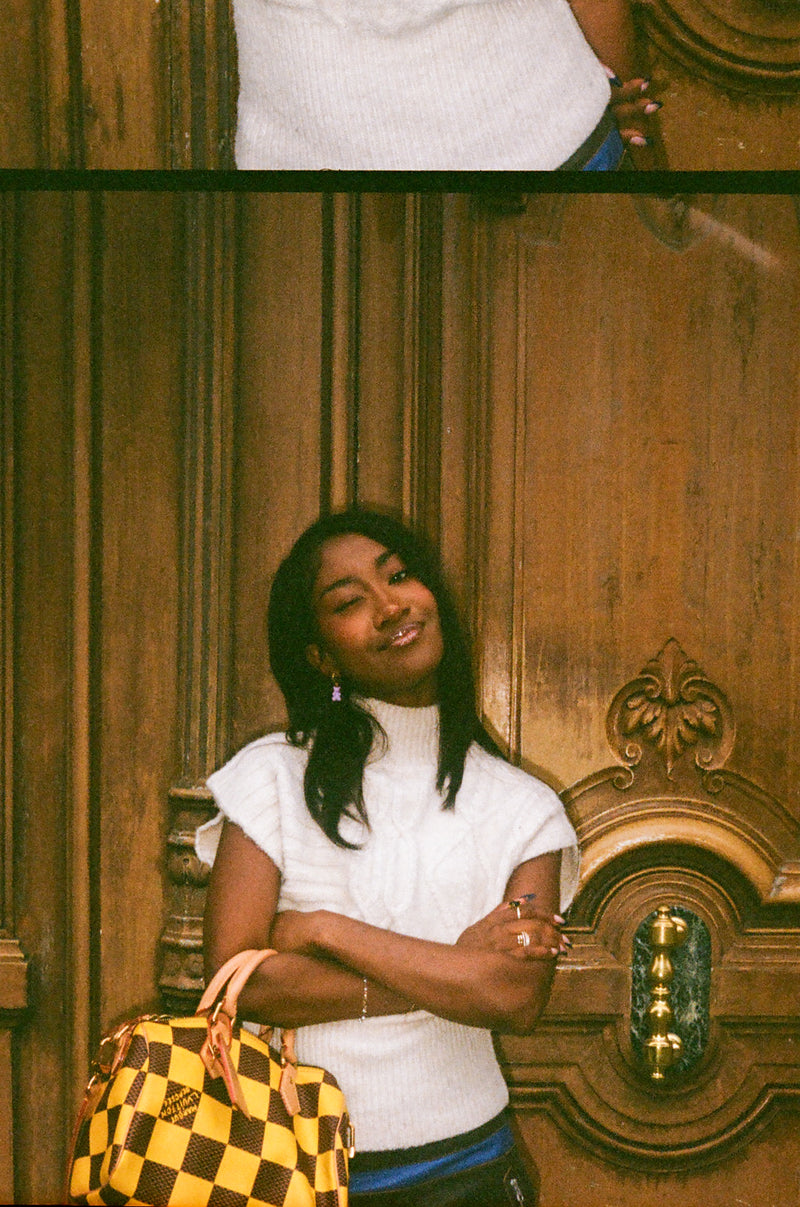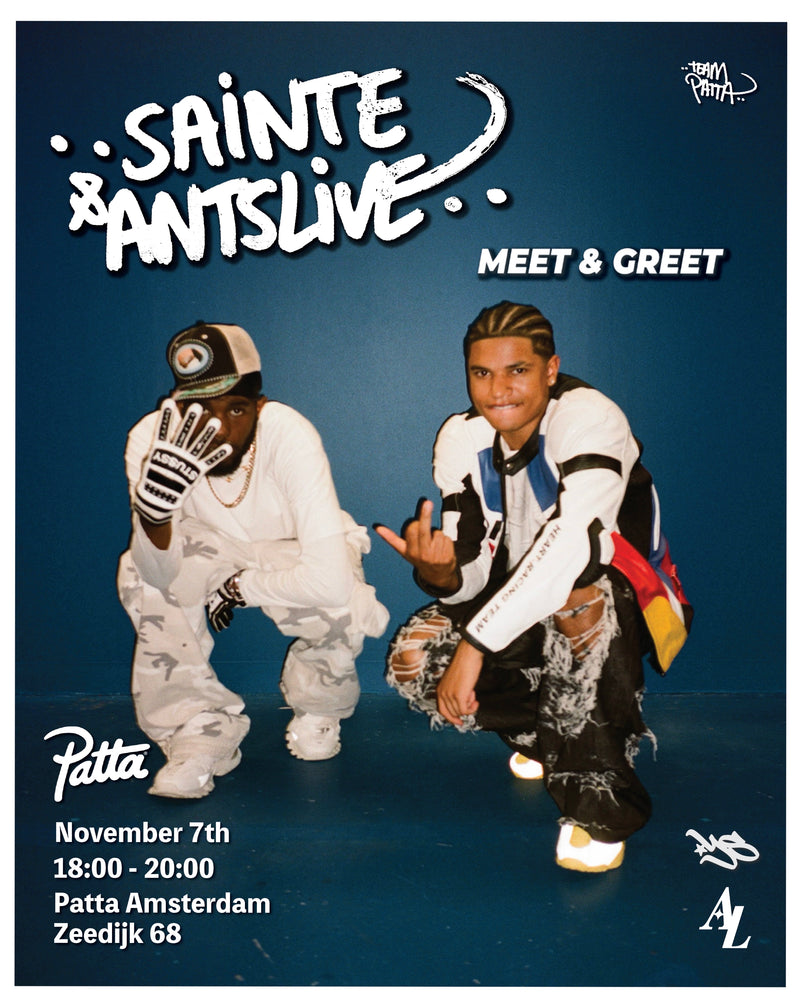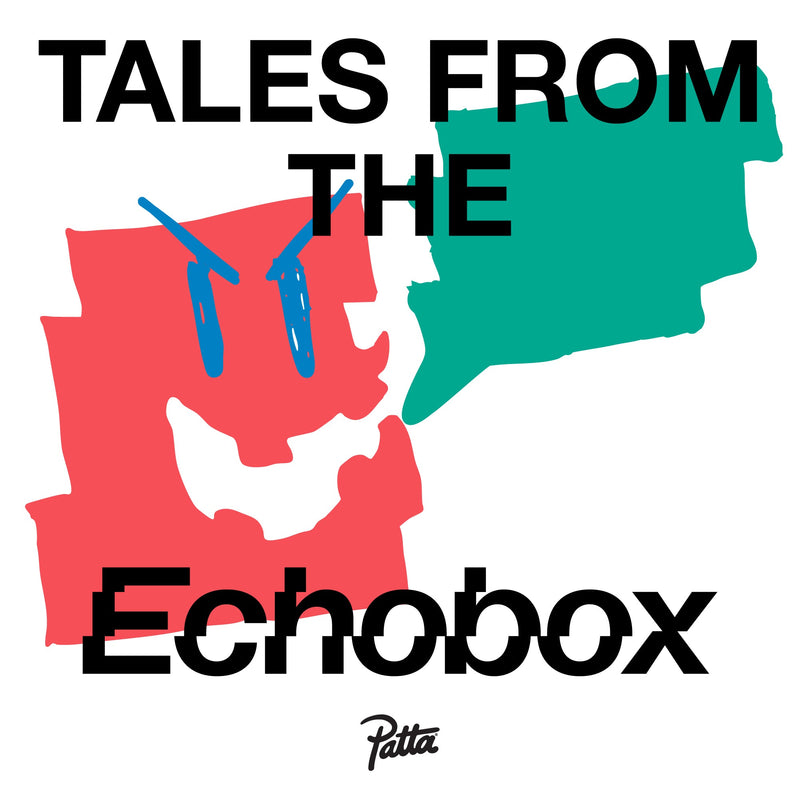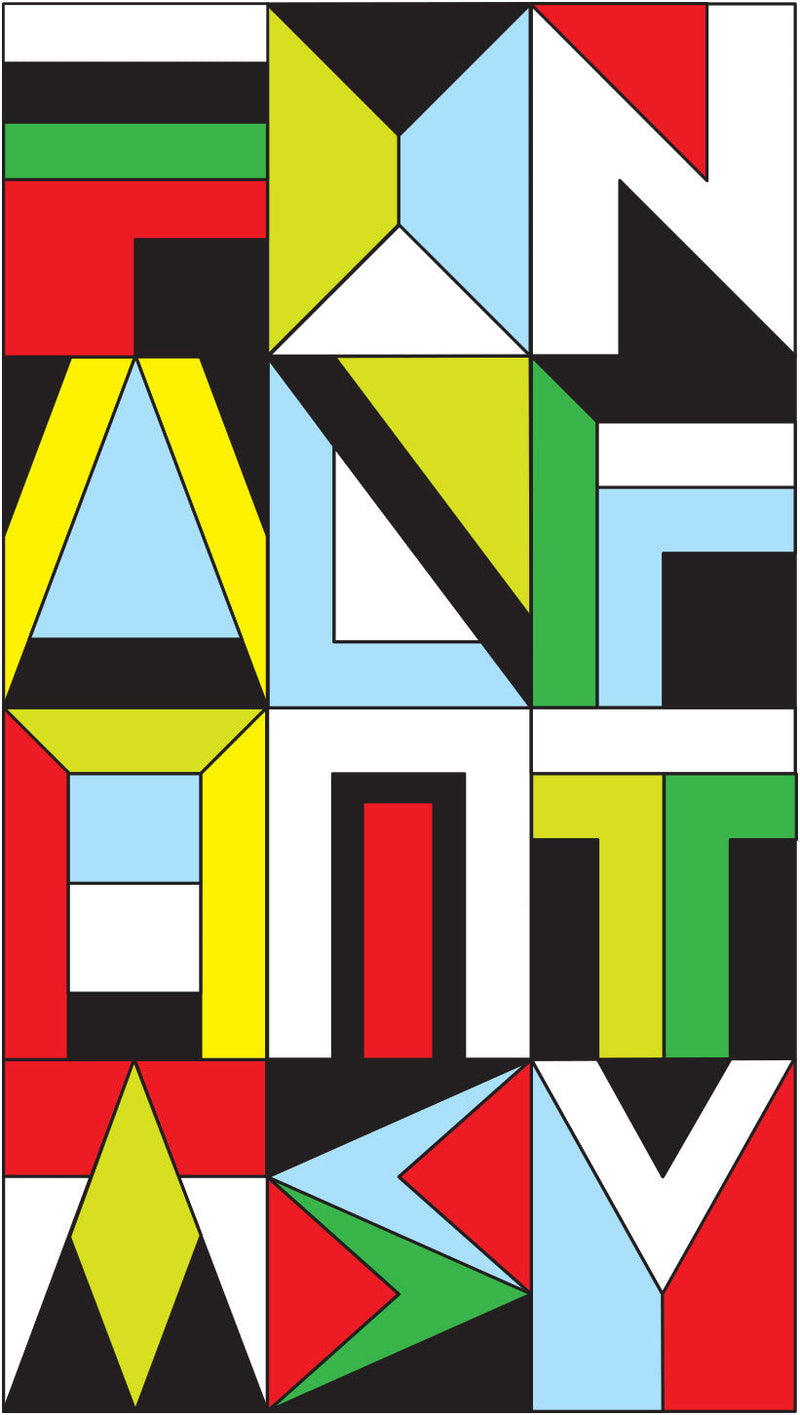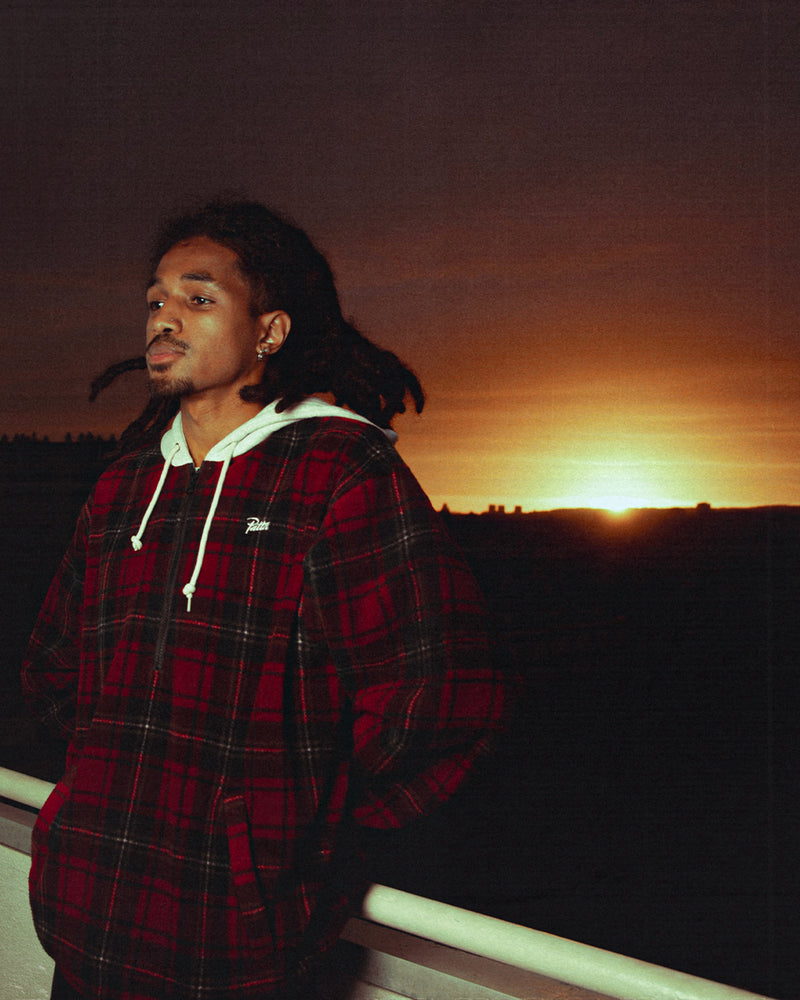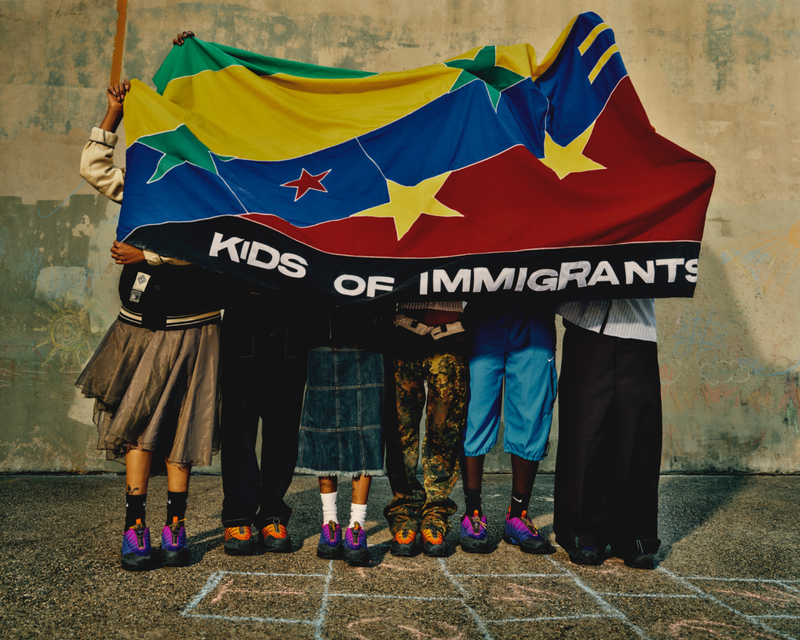
Get Familiar: Jools Walker
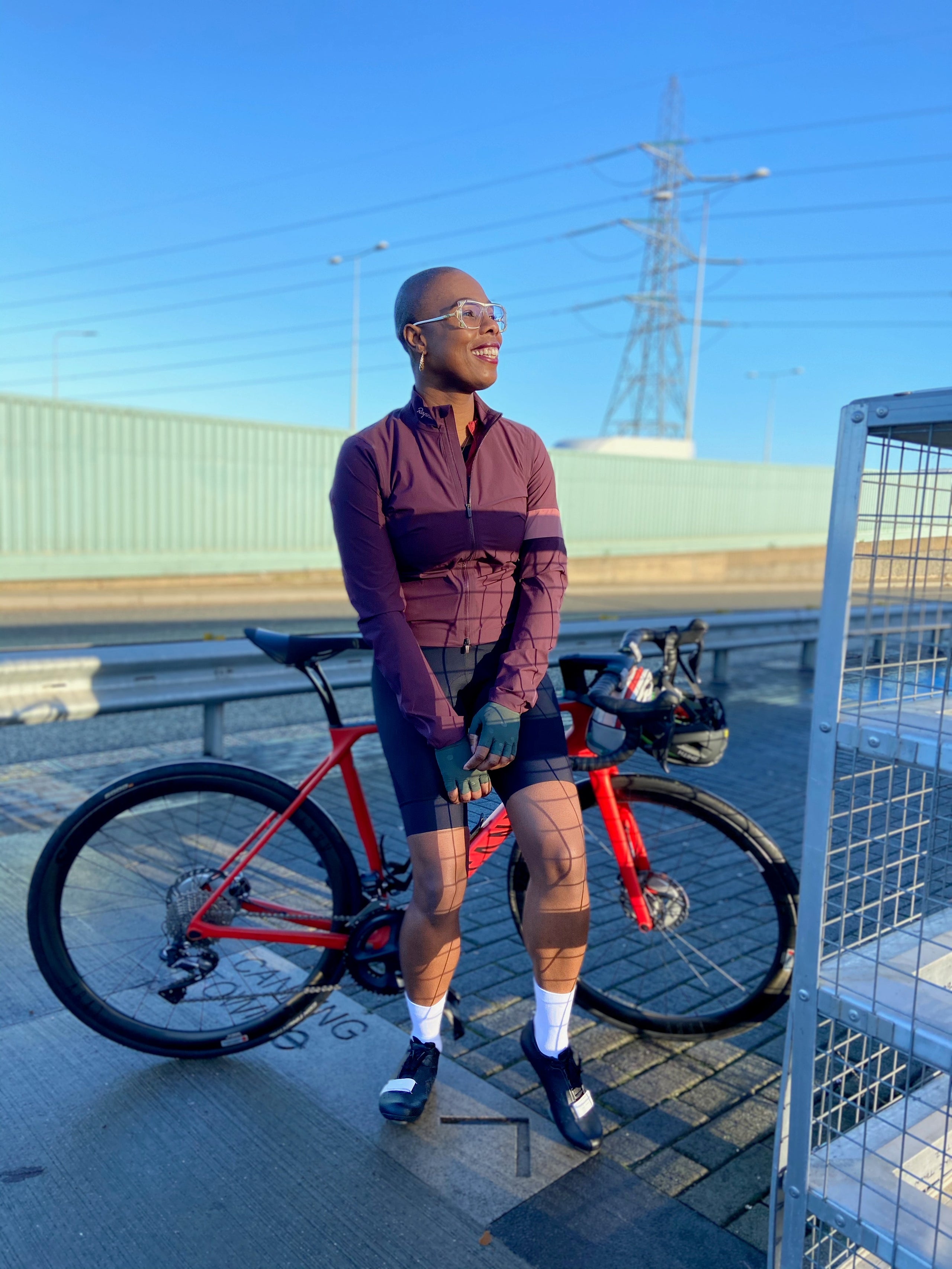
Interview by Passion Dzenga
As we eagerly anticipate the release of the Patta x Rapha collection, it's essential to get familiar with Jools Walker—a prominent figure in the cycling community, known for her accomplishments as a bicyclist, TV presenter, and author. Growing up in Canning Town, East London, Jools developed an early fascination with bicycles, starting with her very first ride on a metallic green trike. Progressing to a BMX, which her older brother restored and taught her to ride, Jools discovered her passion for cycling. Unfortunately, negative comments and harassment forced her to cease cycling during her late teens.
In 2010, Jools embarked on a new journey by launching her blog, Velo-City Girl, which propelled her into the forefront of cycling media. Her exceptional talent led her to join find work in the cycling industry. Additionally, Jools began hosting ITV4's The Cycle Show, where she expertly led features such as the annual vintage cycling festival, l'Eroica. Notably, she became a fervent advocate for diversity in cycling and, in collaboration with the London Bike Kitchen, founded the Women of Colour cycling meet-up in 2018. Their aim was to inspire women from various backgrounds to embrace cycling.
In 2019, Jools published her book, titled "Back in the Frame," which intimately recounts her battle with depression following a stroke she endured in 2016. This profound memoir has garnered critical acclaim, shedding light on the positive impact cycling can have on mental health. Through this interview, we have the privilege of delving into Jools' cycling journey, her advocacy work, and her personal experiences with mental health.
Can you tell us more about your experience growing up in Canning Town and how it shaped your relationship with cycling?
I'm proud to say I'm from Canning Town, East London, and still live there. It has always had a rough reputation, but I could always see the beauty in Canning Town and still do. There is a diverse mix of ethnicities and nationalities who (like my parents) settled here, which made such a vibrant community.
Canning Town was and still is an urban, built-up area, not exactly rich with vast green spaces. But I could find joy in this concrete jungle on my bike. I'd get together with my friends, and we'd ride around and explore the other council estates and, sometimes, places where we really shouldn't have been, like open building sites. These spaces were our dirt tracks and cycling circuits!
Growing up and riding my bike in Canning Town shaped my relationship with cycling. It showed me that you could find beauty anywhere by bike, and I share that with my followers and anyone out there who comes from a similar background that your adventure playground doesn't have to look picture postcard perfect.
Can you tell us about your journey into cycling and how it has impacted your life?
OK – so this is my condensed cycling origin story: it started with my big sister Michele, and her BMX Raleigh Burner bike. She loved cycling with her friends when she was a kid, and I always wanted to head out with her – but being 8 years younger than her (and her not wanting to have her annoying little sister around!) meant that it didn’t quite happen.
I thought that Burner was the coolest bike I’d ever seen, and I wanted one so badly. When Michele stopped cycling (for reasons that I would end up echoing when I turned eighteen), I inherited her Burner and was taught to ride it by our big brother, Anthony. The feelings of joy and freedom I got from being on that bike was something that never left me – even when I took that hiatus from cycling, it was still in my soul.
The impact cycling has had on my life is huge and positive. Every time I get on my bike, I still carry those feelings of childlike carefree joy and freedom, and they are what spur me on to keep riding.
How did starting your blog, Velo-City Girl, help you reconnect with cycling?
I was so excited about starting my blog, but the nerves when launching it were real! Writing honestly about why I stopped cycling in my late teens and what it was like as a Black woman who hadn't been on a bike for ten years was scary.
I was nervous about putting myself out there, publicly declaring I was getting back on the saddle, and would fail or lose interest at the first hurdle I encountered. Nervous that maybe I'd discover that this wasn't going to be the space for someone like me. But really thinking about why I was doing it overpowered the nerves. At its core, Velo-City-Girl was about encouraging and inspiring other Black women to take up space, be seen and enjoy riding bikes. The more I focused on this, the more joyous my reconnecting with cycling became. The people I met, and friends I made in various cycling communities (not just in London but globally) are amazing! Those connections, in turn, kept me on my bike and reminded me of how much I loved cycling and why I came back to it after such a long hiatus.
How did you start working in the cycling industry and The Cycle Show on ITV4?
My blog was the thing that kicked off my career - it's still wild to me, as that was never the plan when I started it! Velo-City-Girl and my passion for normalising being on a bike were getting noticed; a cycling apparel brand approached me to become their Operations / PR Marketing Manager. It was a dream role as someone who loves to combine fashion and cycling! Becoming a presenter on The Cycle Show was a complete surprise. I was invited to be a guest on the show to discuss the diverse cycling culture in London and present a guest segment. I was overwhelmed to be asked, and even more so when I got to Look Mum No Hands for filming and discovered Eddy Merckx was there as another guest on the show! After the episode aired, one of the show's producers got in touch - they liked my energy and asked me if I'd be interested in returning permanently. I was there for all four seasons of The Cycle Show and absolutely loved it!
As a TV presenter, what do you hope to achieve to promote cycling and encourage more people to take up the sport?
I hope that my love of being on a bike shines through when I’m either presenting on TV or hosting live cycling-related events. I hope that being my authentic self (because I’m not about to change anything about me to confirm or fit into a norm) encourages more people out there to take an interest in cycling or pursue any interest they have in cycling culture, whether it’s sport or recreational… or both!
Can you speak more about your work with the London Bike Kitchen and the Women of Colour cycling meet-up?
Although I've known Jenni Gwiazdowski (director of London Bike Kitchen, a not-for-profit mechanic-owned & operated workshop) since 2012, it was an article in Gal Dem magazine in 2018 on the lack of Women of Colour taking part in Ride London which brought us together to create the Women of Colour Cycling Collective (WCCC).
We share similar beliefs about cycling; it's a vehicle for change that brings freedom, and everyone should be able to experience that. One of the things we noticed (and you couldn't miss it) was the lack of representation of WOC in cycling, and after reading that Gal Dem article, we felt compelled to do something about it.
Jenni and I knew there were other people like us feeling the same way, tired of feeling like the odd one out, so we wanted to create a safe space - no agenda, just a place to meet other WOC who are into cycling and wanted to connect. We put the word out on social media that we would do monthly meet-ups at Look Mum No Hands in East London, who kindly gave us space in their cafe for it.
The meetings came to a halt when the pandemic hit, but this turned out to be a blessing in disguise. The meetings moved into the "Zoom era", but that meant it wasn't just a London thing - people from across the UK could now "attend". As beautifully expressed on the WCCC website, when the BLM movement galvanised after the murders of Ahmaud Arbery, Breonna Taylor, and George Floyd, the group felt that it could do and be more than just a casual social space. It had become a support group in more ways than one - politically, socially, and emotionally. And so, in November 2020, WCCC became a registered charity.
What started five years ago as a casual monthly group blossomed into something so much bigger. I'm so proud of what it's grown into and how it continues to grow!
Your book, Back in the Frame, is about your journey back to cycling after a long break. What was the most challenging part of that journey for you?
Two things that were the most challenging for me were the fear of putting myself out there while embarking on my journey and the one which made me laugh was relearning how to ride a bike. That first bike ride after ten years away was a shaky one!
I "did the thing", got on my bike, put my face out there and put the fears behind me. In doing so, I challenged the status quo of what cycling should look like, and it's so fantastic to see other people doing the same.
You've been a vocal advocate for safer cycling infrastructure in cities. What changes would you like to see in urban planning to make cycling safer and more accessible to everyone?
I believe changes need to happen at the very root of urban planning when it comes to making cycling safer and more accessible to everyone. Strategic transport planning committees who plan these changes can often be an echo chamber, filled with people who face no barriers to entry or who already cycle and have a fixed idea of what 'cycling' is and who 'cyclists' are. Blinkered perspectives like these only further perpetuate the problem.
If the goal when planning safer cycling infrastructure is to widen participation and improve planning for more marginalised groups to get into cycling, then all these voices need to be given the platform to be heard, ensuring that the decisions made are rounded, informed and of course, genuinely representative.
Could you speak a bit more about your experience with suffering a stroke and how it influenced your outlook on life?
It was supposed to be a typical morning: My alarm went off at 05:30am - I'd get up and get ready for work. But I couldn't get out of bed. The right side of my body was completely paralysed, and my speech was slurred. I laid still for about 10 minutes, assuming it was sleep paralysis and thinking I'd be fine. The sensation eventually passed, and I was able to get up, and although I felt like trash, I still dragged myself to work.
The dizziness hadn't passed by early afternoon, so, on my lunch break, I called my GP for an emergency appointment to discuss what happened. He told me to get to A&E because it sounded like I'd had a stroke.
He was right: In March 2016, I had a Transient Ischemic Attack (TIA), or "mini-stoke". I was only 33 years old, and as far as I was concerned, medically, I was in good health. But stress was a huge factor.
I'd been signed-off work for 4-weeks, and one of the hardest things about that was not being allowed to get on my bike. I thought a few gentle rides would be the thing to give me the headspace I craved. But, that month I was away from the pressure of my 9-5 and staying still/being present gave me space to think about what I wanted out of life. Considering how scrambled my brain was, it was insane that those four weeks post-mini-stroke produced some of the clearest thinking I had done in a long time!
My Mum hates hearing me say this, but that mini-stroke was one of the best things to happen to me. It forced me to put my shit into perspective; this was the first time the term "life is too short" had real meaning. So, after my recovery period, I handed in my notice at Vulpine and decided to go freelance. None of that part of my life made me happy anymore, and I had to acknowledge that and do what was best for me. There was (and still is!) so much that I've yet to experience and so much life to live!
You've been an advocate for women's cycling and regularly discuss the barriers that prevent Women of Colour from accessing cycling. What do you see as the biggest barriers to diversity and inclusion in cycling, and how can we work to overcome them?
We've all heard the phrase "if you can't see it, how can you be it?" I know from experience that it can be so hard to get into something if you don’t see yourself reflected in whatever that thing is, but as my time in cycling rolls on, for me, the root of this saying has taken on new meaning.
I’ve been in the game for thirteen years. I didn’t set out to be a role model, but now? I can look at myself in the mirror and on social media and call myself the Black female role model I needed when I was that teenager who got off her bike and was scared to get back on it for a decade. It might sound over the top, but by more of us doing the thing, we can become role models for future cycling generations, so they have someone’s determination to look to when they feel like it’s not a space for them.
The changes we want to see in cycling start with us – like what you’re doing with the Patta Cycling Team! We need to put ourselves out there so that the world can see us and celebrate ourselves! Let’s celebrate what we’re doing, and what we look like - especially if it goes against the perceived and “acceptable norms” of what a cyclist should look like.
How do you see the future of cycling culture evolving in the coming years, and how do you hope to be a part of that change?
I feel like we’re cycling culture is on a beautiful evolution right now – the cycling revolution is happening! Thirteen years ago, when I got back on a bike, I was hard-pressed to find many people who looked like me or see much in the way of diversity on the scene. Now, I’m witnessing the birth of more inclusive and representative cycling groups, a wider spectrum of people of all ages, genders, abilities, and backgrounds, getting out there, doing what they want and being seen. This shows the wider community what’s possible and what change looks like. That fills an old head like me with so much pride!
I just hope that by putting myself out there and celebrating being a Black woman on a bike who is not the fastest, not built like a racer, and just loves being on a bike has contributed a bit to the changes we’re seeing.
In your book, Back in the Frame, you discuss your battle with depression and how cycling has helped you overcome it. How did cycling aid in your recovery?
My relationship with cycling and depression can sometimes be a tricky thing to navigate. I’m hesitant to prescribe cycling as a “cure all” for when I’m feeling low, as there are points when it can get so bad, it’s a struggle to get out of bed and find the motivation to do anything. When I have difficult days like that, I know that forcing myself to get on my bike could be the worst thing I could do.
I think it’s important that I say that out loud, for other people out there who could be going through the same thing know it’s OK to not want to try and “cycle the pain away” when the pain makes you freeze, and to remind myself that it’s OK to just be still if it’s what’s needed and listen to your body. When the mood is right, and I’m feeling up to getting on my bike, I’ll do it, and I’ll feel a different kind of ‘present’ when I’m pedalling. I don’t think I’ll ever recover as such from living with depression, and I know those low points could return at any time – but understanding that my bike will always be there, waiting for me to be ready to ride at my own pace is a huge comfort.
Your book has received positive reviews and is inspiring many people. How does it feel to have such a positive impact on others, particularly those struggling with mental health issues?
I’m always touched to hear from people who have been inspired by my book, or that it’s helped people through tough times with their mental health. My intention with Back in the Frame was to be open and honest about my relationship with cycling… and for it to feel like you’re having a chat with a friend. I hope long after I’m gone, it continues to be that friend to anyone who needs it.
